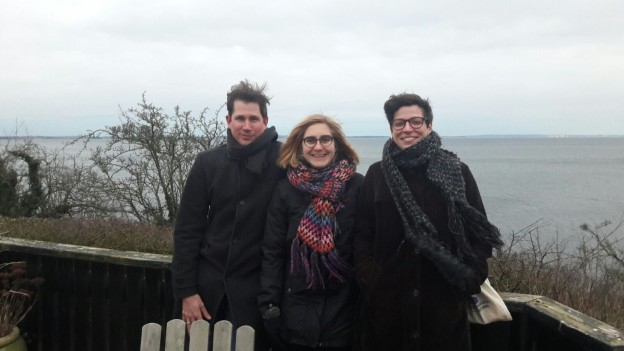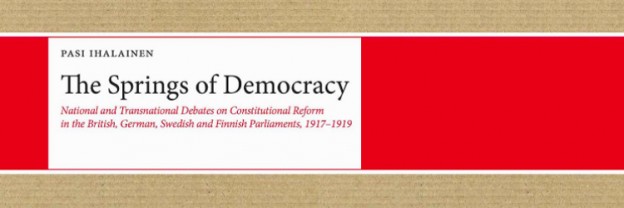University of California Press launches a new journal called Global Perspectives. It is interdisciplinary and at the same time endorses disciplinary roots and routes to tackle larger global questions. For political historians the journal is an opportunity to publish with a leading press, to reach a large, global readership and to make their voices heard by colleagues not only from other countries, but other disciplines as well. Yet interdisciplinary academic writing and thinking, for Global Perspectives, is not a dogma to be realised in each article or contribution, but rather defined by mutual respect and interest, seen as various ways of addressing shared questions.
Continue reading






